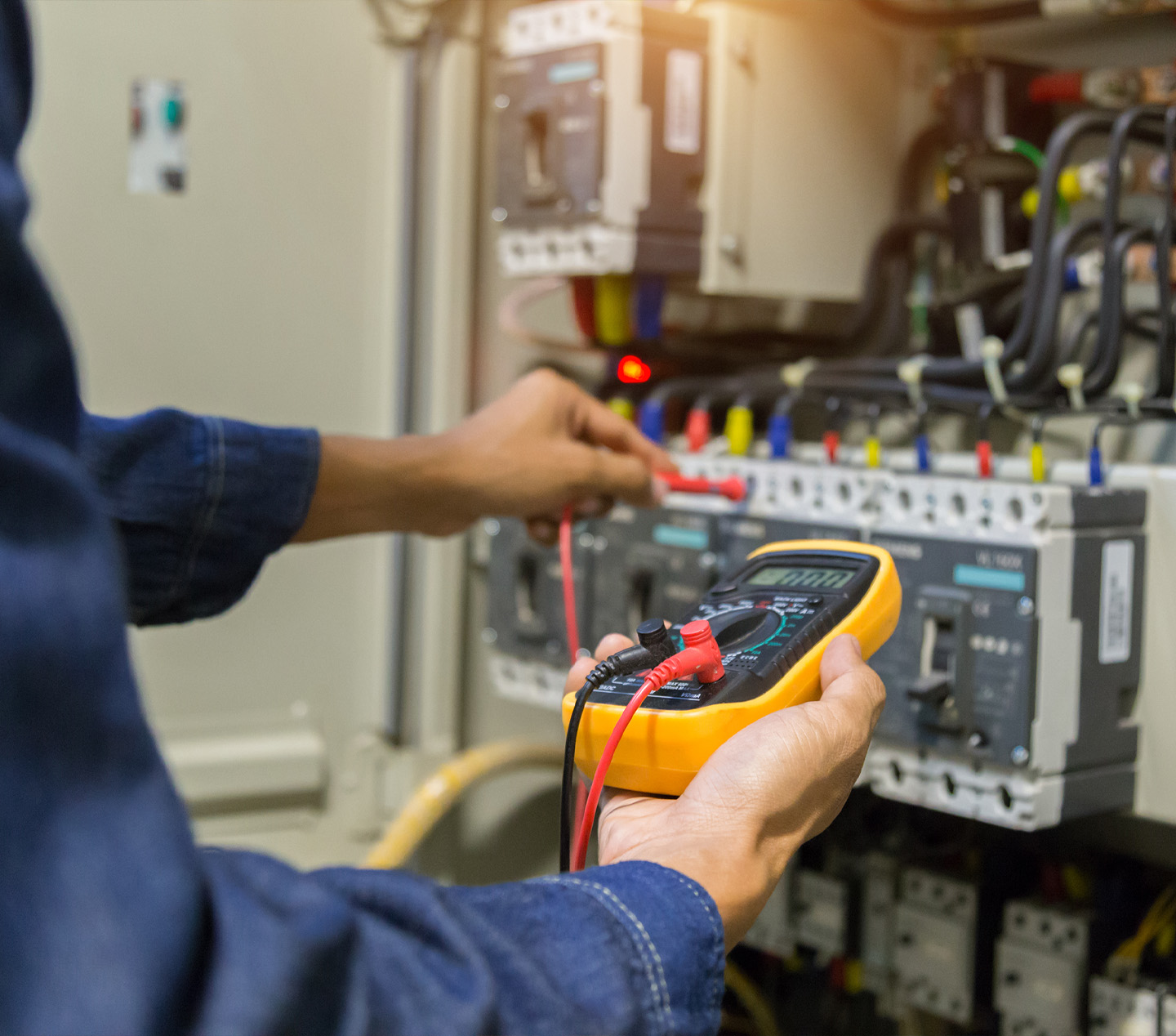DIN-rail PSUs are standardized and trouble-free to install. The basic requirements
are fixed (single-phase or occasionally 3-phase input, a selection of standard outputs,
and power ratings), so many of the decisions are simplified.
In addition, the
required input voltage operating range for most low or medium power ac-dc supplies
is standardized worldwide to 90 V AC - 264 V AC, with only slight variations between countries.
That said, there are still a few specifications that can cause problems.
DIN-Rail
Power Supply Considerations
Operating temperature
Make sure that the power supply does not exceed its rated operating temperature.
Temperatures
outside of this range can cause a range of issues. High operating temperatures can cause
performance to be derated; they also reduce operating life and increase the risk of
malfunctions and failures.
Low temperatures can also cause performance problems, including increased output
ripple and poor output regulation. In addition, changes in electrical characteristics
at low temperatures may result in failure to start.
When selecting a DIN-rail power supply, make sure that the unit can meet the requirements
at the maximum operating temperature, taking derating into account if needed.
Also check
that the unit is guaranteed to start at the lowest operating temperature.
Very long power cables
Resistance losses on long supply lines can cause a voltage at the load that is
below allowable limits. There are several methods to counteract resistive losses,
such as increasing the wire gauge, or increasing the output voltage (from 24 V to 48 V)
and then using local DC/DC regulation at the load (PoL regulation).
Capacitive or Inductive loads
Supplying power to these types of loads can cause problems. Inductive loads including
motors, solenoids, and relays can cause high voltage spikes; supplying capacitive
loads can reduce the dynamic load response of the power supply, or lead to instability
and increased output ripple.
Make sure that the power supply can accommodate the types
of loads required by the application.




